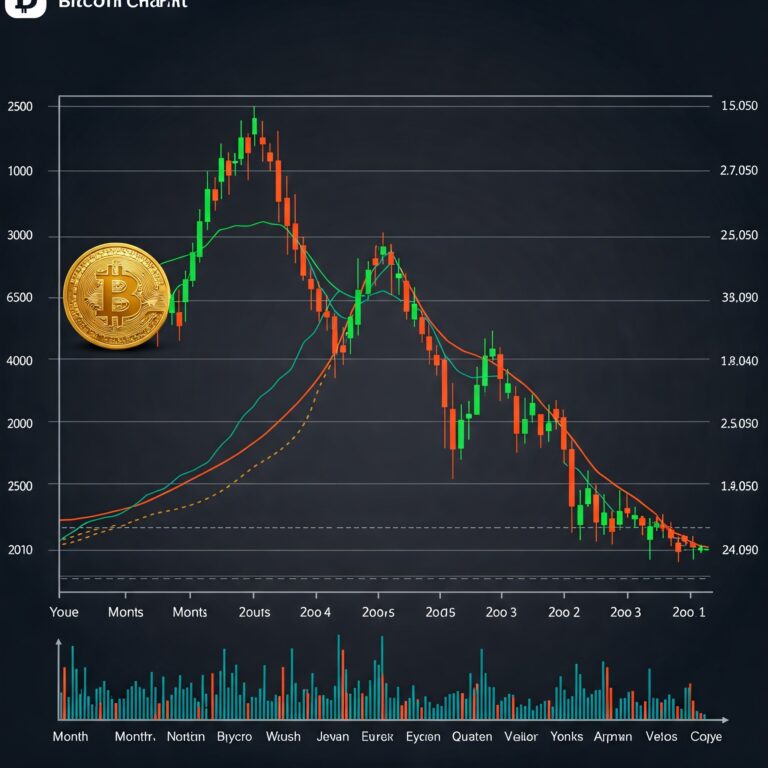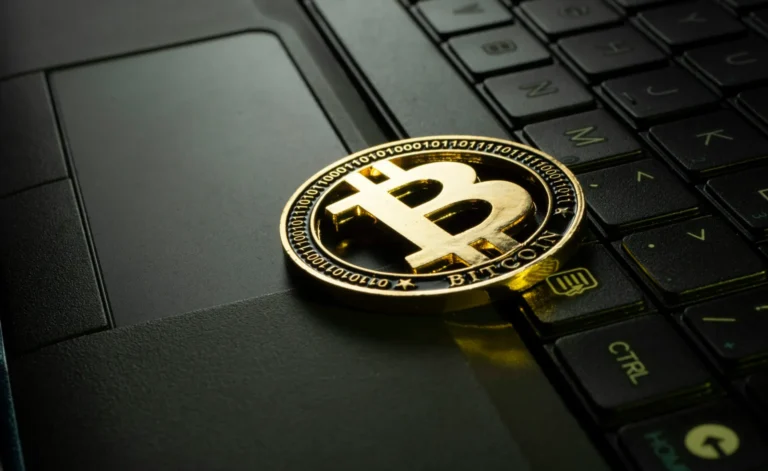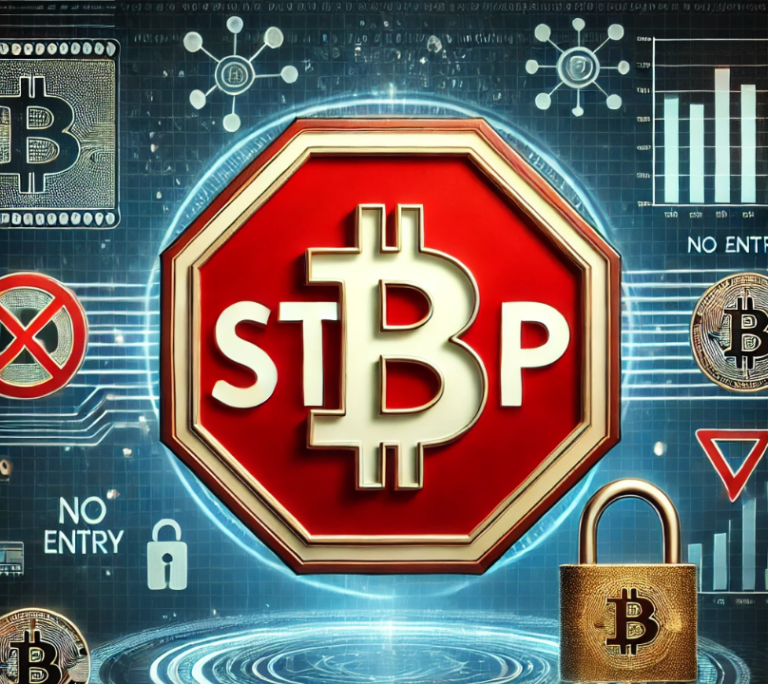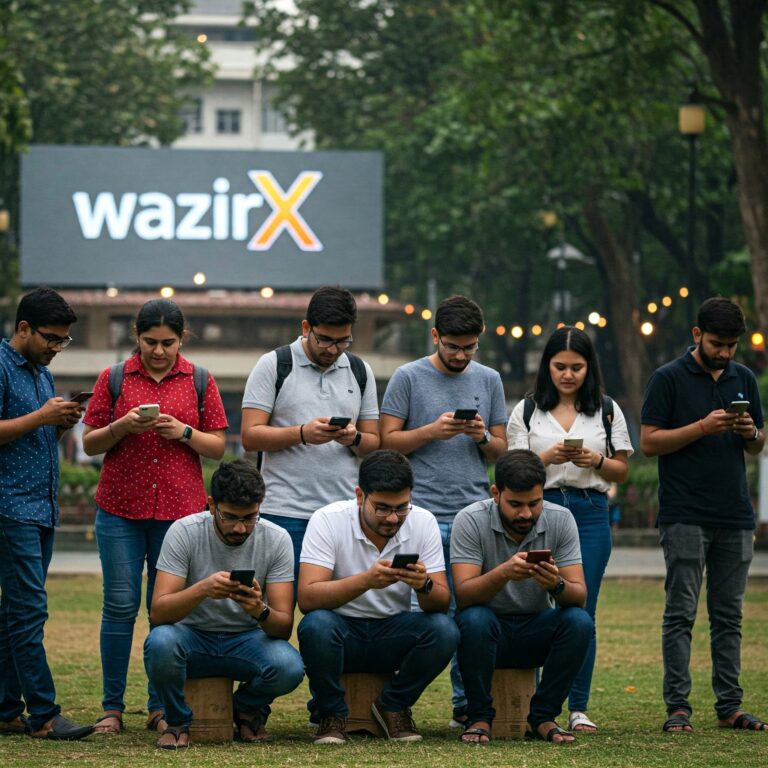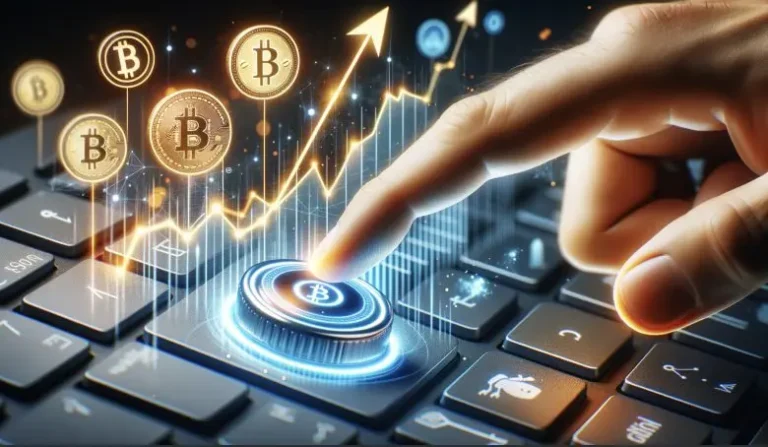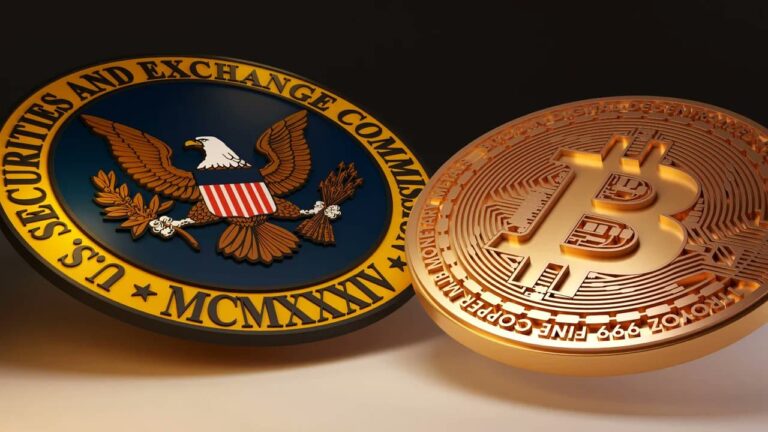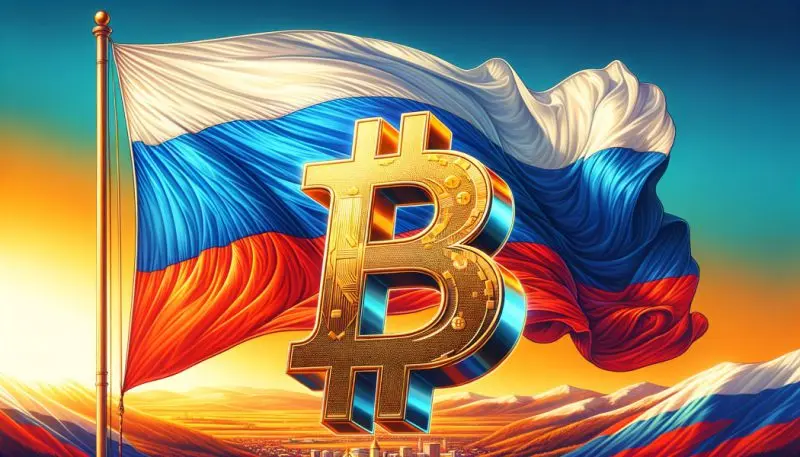
The BRICS nations (Brazil, Russia, India, China, and South Africa) have long been vocal about their desire to move away from the dominance of the U.S. dollar in global trade. Recently, the idea of introducing Bitcoin (BTC) as part of a new reserve system has been gaining traction, with some experts suggesting that it could become a reality sooner rather than later. A U.S. expert has weighed in on the possibility, and the implications are intriguing.
The Current Push for BRICS to Diversify Away from the Dollar
BRICS countries have been exploring alternatives to the U.S. dollar in global transactions, and the idea of creating a new reserve currency that reflects their collective economic interests has been circulating for some time. The push for an alternative to the dollar grew stronger following geopolitical tensions and the increasing power of the U.S. Federal Reserve’s monetary policies.
The move to Bitcoin would be a natural extension of these efforts, given Bitcoin’s decentralized nature, its deflationary supply cap, and its appeal as a store of value that is not subject to the whims of central banks. Many argue that Bitcoin’s growing global acceptance and its relatively secure, transparent nature could make it an attractive option for BRICS nations looking to lessen their reliance on the dollar and shield themselves from financial instability.
A U.S. Expert Weighs In
Dr. John Smith, a well-known financial analyst and economist in the U.S., recently commented on the possibility of the BRICS bloc introducing Bitcoin into its reserve system. Smith argued that with the growing interest in cryptocurrencies and blockchain technology across the world, it is indeed plausible that the BRICS nations could turn to Bitcoin as part of a broader push to break free from the dollar’s dominance.
“Bitcoin has certain qualities that align well with the goals of BRICS,” Smith said in a recent interview. “Its decentralized nature makes it resistant to government control, and its fixed supply means it’s not subject to inflationary policies. If BRICS can establish a trust-based system with Bitcoin, it could significantly alter the global reserve landscape.”
However, Smith also acknowledged the challenges of such a move, including the volatility of Bitcoin’s price and the regulatory hurdles that the cryptocurrency still faces in many countries. Despite these hurdles, he suggested that Bitcoin’s increasing integration into global financial systems might make it an attractive option for BRICS.
What Would It Mean for Global Finance?
Introducing Bitcoin as a reserve currency for BRICS nations would mark a significant shift in global finance. It could set a precedent for other nations to adopt similar strategies, further accelerating the trend toward digital assets. The move could challenge the dominance of the U.S. dollar and spark discussions about the future of central bank-backed fiat currencies.
For Bitcoin, this could mean greater institutional adoption and recognition as a legitimate global asset. If the BRICS countries were to back Bitcoin in a reserve system, it could boost investor confidence in the cryptocurrency, potentially leading to greater price stability and widespread adoption.
However, the implications are not all positive. A move away from the U.S. dollar could increase volatility in global markets, as the dollar has been the de facto reserve currency for decades. It could also lead to new geopolitical tensions, particularly with the United States and its allies, who may see the move as a challenge to the existing financial order.
Conclusion
While the idea of BRICS introducing Bitcoin as a reserve currency is still speculative, the possibility is being seriously discussed by experts and analysts. As the global financial landscape continues to evolve, the role of cryptocurrencies like Bitcoin could become more prominent, especially as nations seek greater financial independence. Whether or not BRICS will move forward with such an initiative remains to be seen, but it is clear that the rise of digital currencies is reshaping the world of finance.
